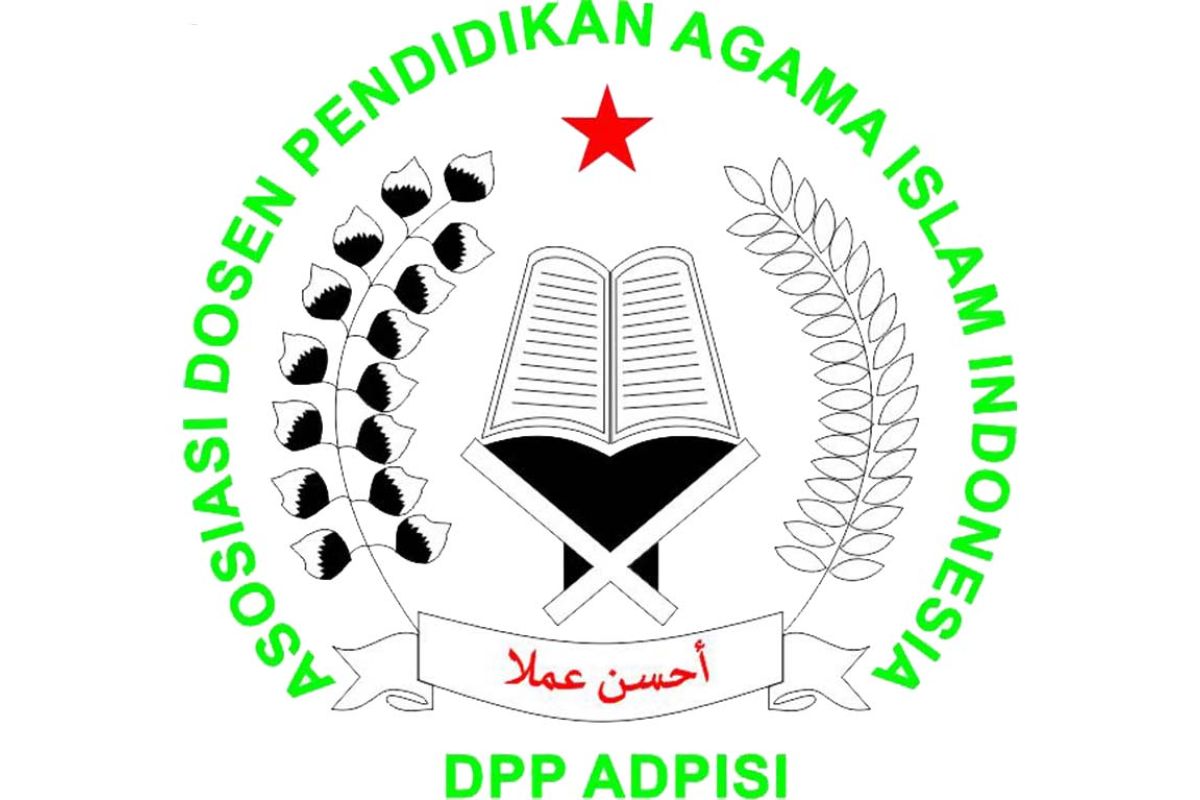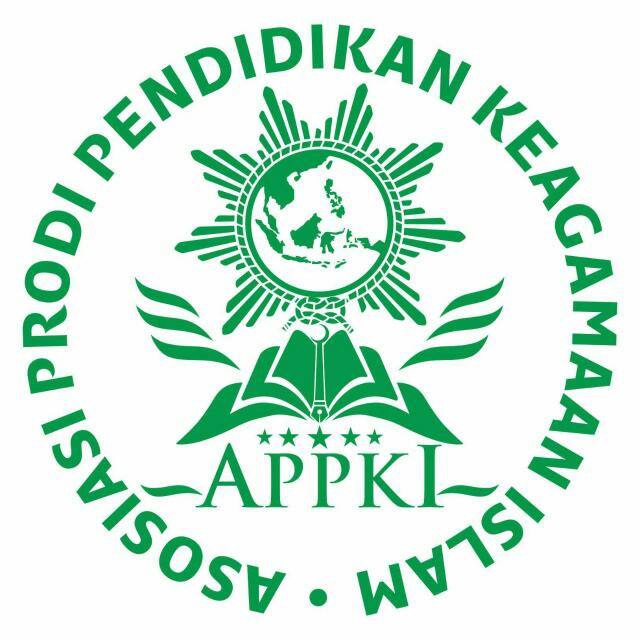Internalization of Qur'anic Character Through The Maghrib Mengaji Program (Case Study of TPQ Baiturrahman, Kuala Enok, Indragiri Hilir, Riau)
Keywords:
Maghrib Mengaji, Qur’anic Character, Qur’an Learning CenterAbstract
The objective of this study was to ascertain the implementation of the Maghrib Mengaji program at TPQ Baiturrahman with the aim of instilling Qur'anic character education in children in the Kuala Enok environment. In addition, this study sought to identify the obstacles in the implementation of the Maghrib Mengaji program and to propose solutions to overcome these obstacles. This research employed a descriptive qualitative approach. Data collection techniques included observation and interviews which were then analyzed using techniques from Miles, Huberman and Saldana. The research findings indicate that the Maghrib Mengaji program aims to instill Qur'anic character through in-depth Qur’anic reading, memorization of the Juzz Amma surah, interpretation of Qur’anic verses, hadith, and Arabic aphorisms (mahfuzhat). However, the program encounters challenges due to the large number of students and the limited number of teachers. To overcome these obstacles, it is essential to provide a learning environment that is both engaging and under the guidance of a teacher. The Maghrib Mengaji program plays an essential role in shaping the Qur'anic character of students through guidance, continuous training, and advice in Qur'anic character formation during early childhood.
References
Anwar, Rosyida Nurul. “Pendidikan Alquran (TPQ) Sebagai Upaya Membentuk Karakter Pada Anak.” Jurnal Pendidikan Dan Konseling (JPDK), Vol. 3, No. 1 (February 2, 2021). doi:10.31004/jpdk.v3i1.1342.
Badrussalam, Ujang. “Revolusi Mental Melalui Penerapan Kebijakan Gerakan Magrib Mengaji Di Kabupaten Lebak.” Transparansi: Jurnal Ilmiah Ilmu Administrasi, Vol. 3, No. 2 (2020).
Bagaskara, Haydar. “Peran Kepala TPQ Al-Muqqorobin dalam Meningkatkan Motivasi Belajar Membaca Al-Qur`an Anak di Desa Mojo Kecamatan Andong Kabupaten Boyolali.” Diploma, IAIN PONOROGO, 2021. https://etheses.iainponorogo.ac.id/14071/.
Barlian, Ujang Cepi., Wulandari, Riska Putri., Said, Muliati., Brilianti, Nuri Lathifa. “Peran Guru Kelas Dan Guru Pendamping Khusus Dalam Meningkatkan Layanan Pendidikan Inklusi Di TK Ibnu Sina.” Al-Afkar, Journal For Islamic Studies, Vol. 6, no. 2 (April 28, 2023). doi:10.31943/afkarjournal.v6i2.648.
Hamid, Abdul. Pengantar Studi Al-Qur’an. Prenada Media, 2022. https://books.google.com/books?hl=id&lr=&id=0VW6EAAAQBAJ&oi=fnd&pg=PA1&dq=Nabi+Muhammad+menerima+wahyu+dari+Allah+SWT+berupa+Al-Qur%27an+yang+dianggap+sebagai+kalam+Allah+SWT.+Memuat+segala+ajaran+dan+peraturan+Allah+SWT+yang+masih+berlaku+hingga+saat+ini&ots=VhhYe4Wt1-&sig=IAB0nhJHfbexw-BFPAzJKjlHx6E.
Kadar M. Yusuf. Studi Alquran. Kedua. AMZAH, 2021. https://books.google.co.id/books?hl=id&lr=&id=uvYrEAAAQBAJ&oi=fnd&pg=PR1&dq=yang+dibahas+alquran&ots=cFcatYvn8N&sig=pnPgMLPQZDXhEWM4_b_LxtabgP0&redir_esc=y#v=onepage&q=yang%20dibahas%20alquran&f=false.
Liana, Putri., & Sahri, Sahri. “Taman Pendidikan Al-Qur'an sebagai Sarana Pembentukan Karakter Anak di Desa Semawot.” Jurnal Progress: Wahana Kreativitas Dan Intelektualitas, Vol. 8, No. 2 (December 29, 2020). doi:10.31942/pgrs.v8i2.3956.
Lubis, Lewis Pramana., Azzahra, Annisa., & Della, Nurul. “Magrib Mengaji Upaya Membangun Kebiasaan Membaca Al-Qur'an Pada Anak di Kelurahan Tanjung Ibus Kecamatan Secanggang Kabupaten Langkat.” Mitra Abdimas: Jurnal Pengabdian Kepada Masyarakat, Vol. 1, No. 2 (December 27, 2021). doi:10.57251/mabdimas.v1i2.163.
Maharestu, Rangga. “Implementasi Peraturan Daerah Kabupaten Indragiri Hilir Nomor 2 Tahun 2016 Tentang Gerakan Masyarakat Maghrib Mengaji (Studi Di Kecamatan Tembilahan).” Other, Universitas Islam Riau, 2021. https://repository.uir.ac.id/13374/.
Miles, M.B., Huberman, A.M., & Saldana, J. Qualitative Data Analysis: A Methods Sourcebook. SAGE Publications, 2013. https://books.google.co.id/books?id=p0wXBAAAQBAJ.
Mubarok, Ramdanil. “Pengembangan Manajemen Sumber Daya Manusia Di Lembaga Pendidikan Islam.” AL-FAHIM: Jurnal Manajemen Pendidikan Islam, Vol. 3, No. 2 (2021).
Muftisany, Hafidz. Gerakan Maghrib Mengaji. Intera, 2021.
Nasution, Rodiah., & Uqba, M Sholih Salimul. “Irfani Epistemology Imam Al-Ghazali’s Perspective in Islamic Education.” La-Tahzan: Jurnal Pendidikan Islam, Vol. 16, No. 1 (2024).
Nurdiyanti, Yanti., Nurmalasari, Neneng., & Hanafi, Andi Abdul. “Pendampingan Model Kurikulum Mutsallatsah Dalam Optimalisasi Program ‘Maghrib Mengaji’ Di Kabupaten Pangandaran.” Warta LPM, October 31, 2023, 462–70. doi:10.23917/warta.v26i4.2312.
Nurochmah, Alivia Dewi., Nabila, Ghiast, & Ritonga, Matnur. “Peran TPQ dalam Meningkatkan Kualitas Kemampuan Baca Al-Qur’an pada Anak di TPA Ar-Rahmah.” Jurnal Pendidikan Dasar Dan Sosial Humaniora, Vol. 1, No. 9 (July 25, 2022): 1841–48. doi:10.53625/jpdsh.v1i9.2965.
Putra, Handal Pratama. “Implementasi Gerakan Masyarakat Maghrib Mengaji Dalam Upaya Pembinaan Keagamaan Di Desa Banjar Lopak Kecamatan Benai Kabupaten Kuantan Singingi.” EL-TARBAWI, Vol. 14, No. 1 (September 9, 2021): 47–66. doi:10.20885/tarbawi.vol14.iss1.art3.
Rosi, Fathor. “Urgensi Pembelajaran Al-Qur’an Bagi Siswa Madrasah Ibtidaiyah.” Auladuna : Jurnal Prodi Pendidikan Guru Madrasah Ibtidaiyah, Vol. 3, No. 2 (October 29, 2021): 36–53. doi:10.36835/au.v3i2.579.
Sholihah, Abdah Munfaridatus., & Maulida, Windy Zakiya. “Pendidikan Islam Sebagai Fondasi Pendidikan Karakter.” QALAMUNA: Jurnal Pendidikan, Sosial, Dan Agama, Vol. 12, No. 1 (March 14, 2020): 49–58. doi:10.37680/qalamuna.v12i01.214.
Sidu, Sarce. “Gaya Hidup Dan Perkembangan Remaja.” OSF, March 16, 2020. doi:10.31219/osf.io/xzhfq.
Sugiyono. Metode Penelitian Kuantitatif Kualitatif dan R&D. Cetakan Ke-4. Bandung: ALFABETA, 2022.
Sulistiyono, Andy. “Implikasi Metode Menghafal Al Quran Dalam Memotivasi Bertambah Hafalan Siswa Kelas VII SMP IT Masjid Syuhada Yogyakarta.” Thesis, Universitas Islam Indonesia, 2020. https://dspace.uii.ac.id/handle/123456789/23515.
Downloads
Published
How to Cite
Issue
Section
License
Copyright (c) 2025 Jurnal Ruhul Islam

This work is licensed under a Creative Commons Attribution-ShareAlike 4.0 International License.
Jurnal Ruhul Islam is published by Universitas YARSI under license:

This work is licensed under a Creative Commons Attribution-ShareAlike 4.0 International License.
You are free to:
Share — copy and redistribute the material in any medium or format
Adapt — remix, transform, and build upon the material for any purpose, even commercially.
The licensor cannot revoke these freedoms as long as you follow the license terms.
Under the following terms:
Attribution — You must give appropriate credit, provide a link to the license, and indicate if changes were made. You may do so in any reasonable manner, but not in any way that suggests the licensor endorses you or your use.
ShareAlike — If you remix, transform, or build upon the material, you must distribute your contributions under the same license as the original.
No additional restrictions — You may not apply legal terms or technological measures that legally restrict others from doing anything the license permits.
Notices:
You do not have to comply with the license for elements of the material in the public domain or where your use is permitted by an applicable exception or limitation.
No warranties are given. The license may not give you all of the permissions necessary for your intended use. For example, other rights such as publicity, privacy, or moral rights may limit how you use the material.

 Nurlatipah
Nurlatipah
 UIN Maulana Malik Ibrahim Malang
UIN Maulana Malik Ibrahim Malang









